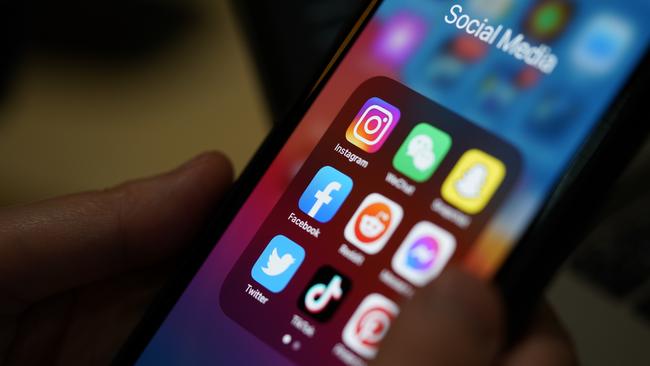
While the settlement was just $US95m ($154.5m) the allegations were of a most serious nature and in many ways confirm what we all had all suspected, that our devices can tune in to our conversations.
Apple has not admitted any wrongdoing and the settlement needs to be rubber stamped by the US courts. Still, if the allegations are right, they represent an overarching breach of privacy and regulators across jurisdictions should take a keen interest in the intrusion.
The allegations in the court action centred on Siri unintentionally recording private conversations and, in some cases, using information gleaned for marketing and advertising purposes.
In one claimed incident an Apple customer reported receiving advertisements for a surgical procedure after discussing it privately with his doctor.
It was a decision by Meta to stop fact checking on its platforms, including Facebook, which was front-and-centre last week, but the Apple case was arguably a more important development.

We all need to take more of an interest in how technology is being used to infiltrate our lives and market us more targeted goods and services. Tech giants cannot have unfettered access to our conversations without consent, and at the very least disclaimers or disclosures should accompany Apple products. They should warn of a risk that devices can inadvertently record conversations in some settings.
The settlement by Apple is unlikely to deter the company from any such alleged behaviour in the future. And as smart devices such as robo vacuums and virtual assistants become more commonplace, is it going to be open slather on our conversations and data being used for marketing purposes?
Last year, Apple was hit with a €1.8 billion ($3bn) fine by the European Commission for “abusing its dominant position on the market for the distribution of music streaming apps to iPhone and iPad users (‘iOS users’) through its App Store”.
In Australia, the Federal Court in 2023 ordered two units of Meta, Facebook Israel and Onavo Inc, to each pay $10m for “engaging in conduct liable to mislead in breach of the Australian Consumer Law”.
The case was led by the competition regulator and involved allegations the Meta units failed to “adequately disclose” that users’ data would be drawn on for purposes other than providing an Onavo app, including for Meta’s commercial use.
A $20m penalty for Meta, however, is a drop in the ocean.
If allegations of unauthorised eavesdropping by Apple devices are true, wouldn’t fines of a similar quantum to those issued in Europe be warranted for companies found to be participating in the practice, either inadvertently or as part of product design?
Regulators should immediately probe this issue across companies including Apple, Samsung, Google, Huawei and Xiaomi.




The settlement of legal action between tech giant Apple and some of its customers for the alleged listening in on conversations by virtual assistant Siri should set off alarm bells for all users.